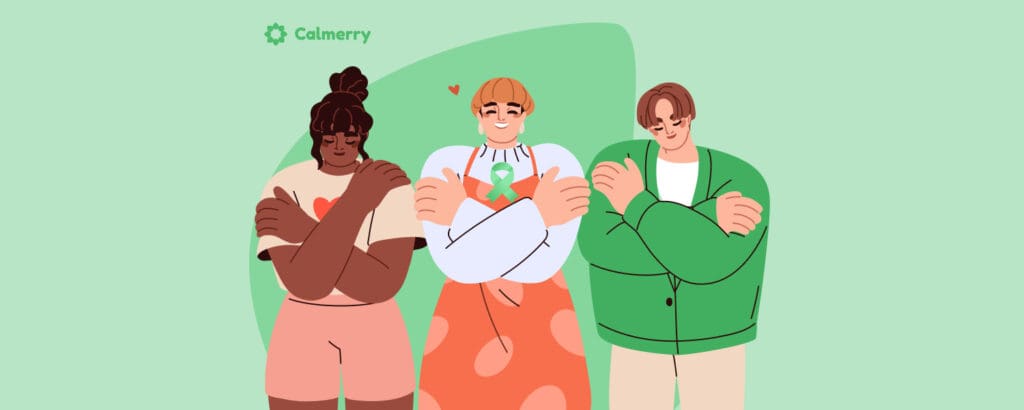Protecting Your Mental Health From the Effects of Recession
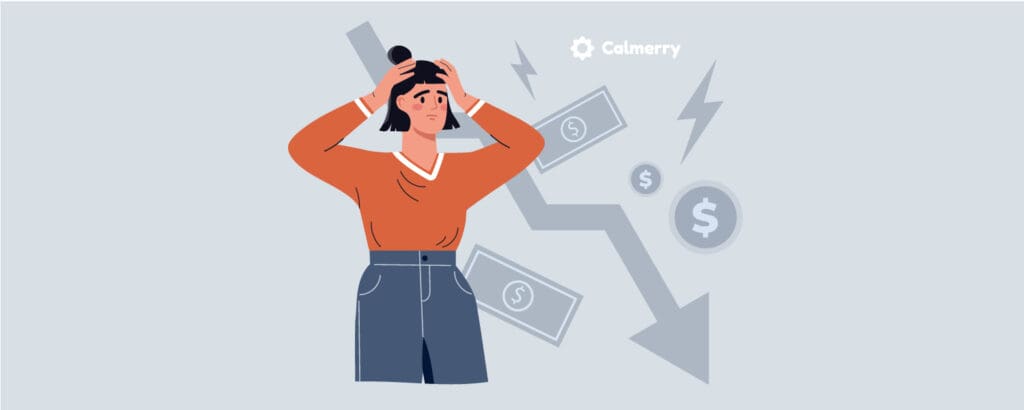
In this article
Living in the midst of a recession can provoke anxiety and fear. After all, some people may be struggling with job loss, and others may find themselves in the midst of a financial crisis if they are unable to keep up with bills and must face the harsh reality of home foreclosure or bankruptcy. Given the problems that come along with a recession, mental health issues may become more common, especially for those who are most deeply impacted. Here, learn some tools for protecting your mental health from the negative effects of recession.
The impact of recession on mental health
Before learning about tools for coping with the mental health effects of a recession, it’s important to learn how an economic recession impacts psychological functioning. The 2008 stock market crash provided an opportunity for researchers to evaluate how struggling economic times affect mental health. A 2013 study in the Journal of Health Economics found that the loss of wealth associated with the October 2008 stock market crash led to depression and increased use of antidepressant drugs, especially among those with large investments in the stock market.
The 2008 stock market crash was a part of the Great Recession, which ran from December 2007 to June 2009 and produced the largest declines in employment, income, and assets that the United States had seen since the Great Depression.
According to a 2019 report in Clinical Psychological Science, which evaluated the mental health effects of the Great Recession, the body of research shows that recessions increase the risk of mental health issues. Specifically, recessions are associated with depression, anxiety, and poor coping behaviors like problematic drug use.
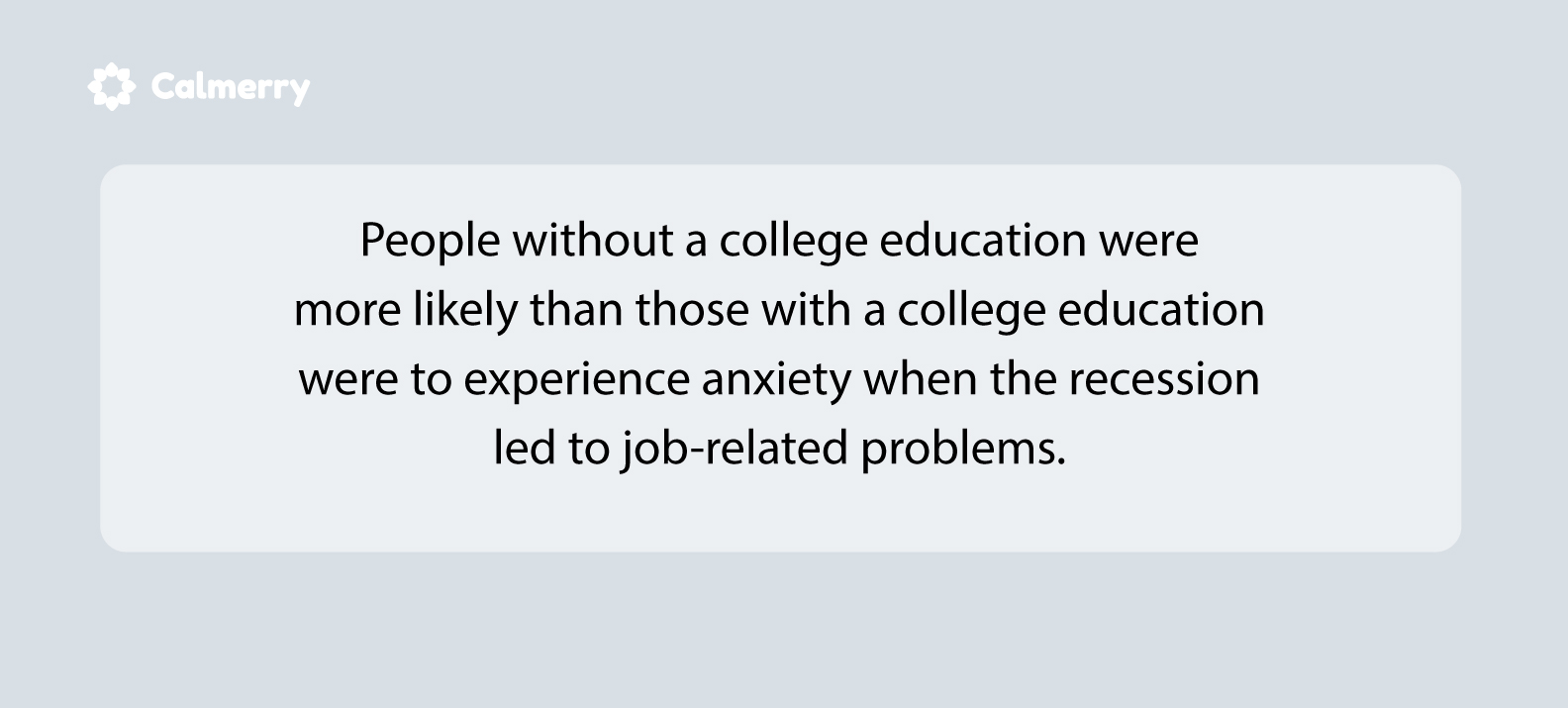
A study conducted for the report in Clinical Psychological Science found that the negative effects of the Great Recession increased the risk of mental health issues like depression, anxiety, panic, and substance misuse by 1.3 to 1.5 times.
The study also revealed the following:
- People without a college education were more likely than those with a college education were to experience anxiety when the recession led to job-related problems.
- People with greater financial advantages were more likely to experience anxiety if the recession impacted their housing, when compared to people who were more financially disadvantaged.
- People who were more affluent were more likely than less affluent individuals were to struggle with substance misuse if the recession negatively affected their finances.
- People who were not married or cohabitating with a significant other were more likely to misuse substances in response to housing problems, when compared to those who were married or cohabitating.
What can be learned from these study findings is that anyone can experience the negative mental health effects of recession, even if they are financially affluent. Certain groups, such as the unmarried and those with lower levels of education, may be especially prone to anxiety and poor coping.
Coping with struggling economic times
It’s no surprise that a recession can have a negative impact on mental health. After all, uncertain financial times threaten our sense of security and may make us feel as if we will be unable to provide for the basic needs of our families. In the aftermath of the COVID-19 pandemic, record-high inflation has many people fearful of what’s to come in the future.
After all, a recent report from the Brookings Institute warns that prices increased by 9.1% from June 2021 to June 2022, and the country is stuck in a rut, in which prices are rising without an increase in wages.
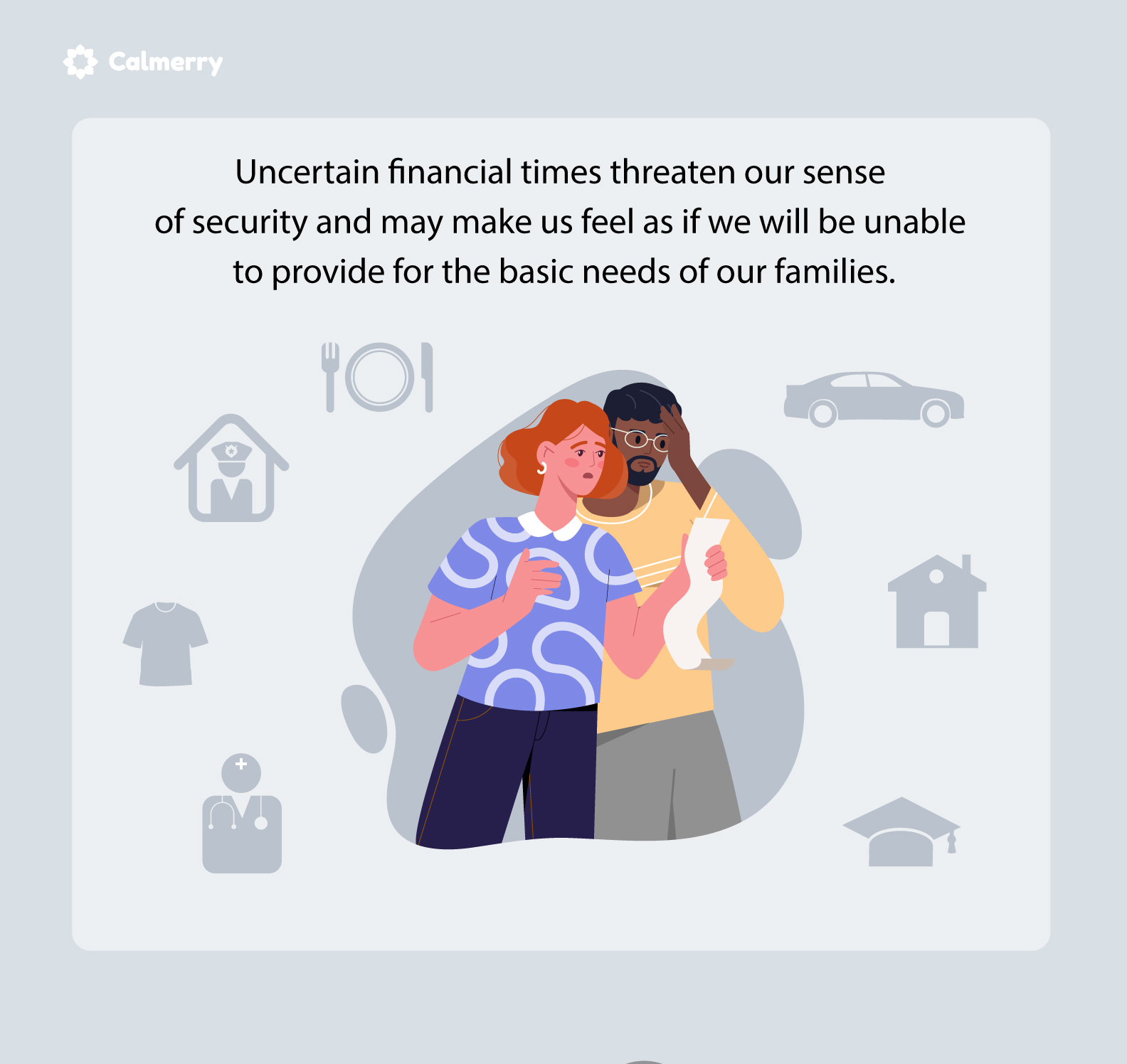
While experts expect wages to increase to keep up with costs over the long run, over the short term, struggling economic times can leave us fearful and anxious. This means that now, perhaps more than ever, it is critical that we find ways to cope with a struggling economy. Consider some of the strategies below to protect your own mental health.
Think long-term
When you’re living through economic uncertainty, it’s easy to think that you’ll be panicked about finances forever. Try to remind yourself that recessions are temporary. Perhaps you even lived through the Great Recession from 2007 to 2009, and still managed to grow your career and your savings during this time. Reframing your thoughts, to focus on the long-term outlook rather than the present struggle, can ease some of your anxiety.
Focus on your own situation
When news reports talk of problems like high inflation and a housing shortage, it’s easy to panic. Instead of allowing reports of the struggling economy to make you anxious, focus on the reality of your own situation, and remember that news reports provide general information about the nation as a whole. While the national economy can certainly impact your personal finances, it doesn’t tell the entire story.
Think about your own financial health. Are you able to cover your expenses? Do you have a roof over your head? Even if inflation does make it more difficult to cover your monthly expenses, there may be things you can do to take care of your own financial situation. This may mean finding a part-time gig on the side, or perhaps cutting discretionary spending, but the economic forecast doesn’t need to mean a sense of impending doom for you or your family.
Stop yourself from catastrophizing
When the economy is struggling, it’s easy to assume the worst. You may panic that you’ll lose your job or worry that you and your family will become homeless, which only makes your anxiety worse. Try to think through the situation logically. If you have stable housing and a decent sense of job security, it’s unlikely that your worst fears related to a recession will come to fruition.
In bad times, people have a tendency to assume the worst, even if the worst is unlikely to happen. Consider, just for a moment, that your worst fears did come true. How would that look? Chances are that if you did lose a job, for instance, that you may have to file for unemployment, or scramble to search for another job. This might require taking a pay cut or accepting a job that is a little different from what you’re doing now.
Even if this worst-case scenario does come to fruition, you’ll be likely to find that it is not as threatening as you perceive it to be when catastrophizing.
Develop healthy coping mechanisms
Even if you’ve developed effective tools for protecting your mental health, thinking about financial problems, and living through them, can be stressful. Now is the time to develop healthy coping strategies, so you don’t fall victim to maladaptive ones like drug and alcohol use.
If discretionary income is lower in the midst of struggling economic times, there are plenty of ways you can care for yourself without opening your checkbook.
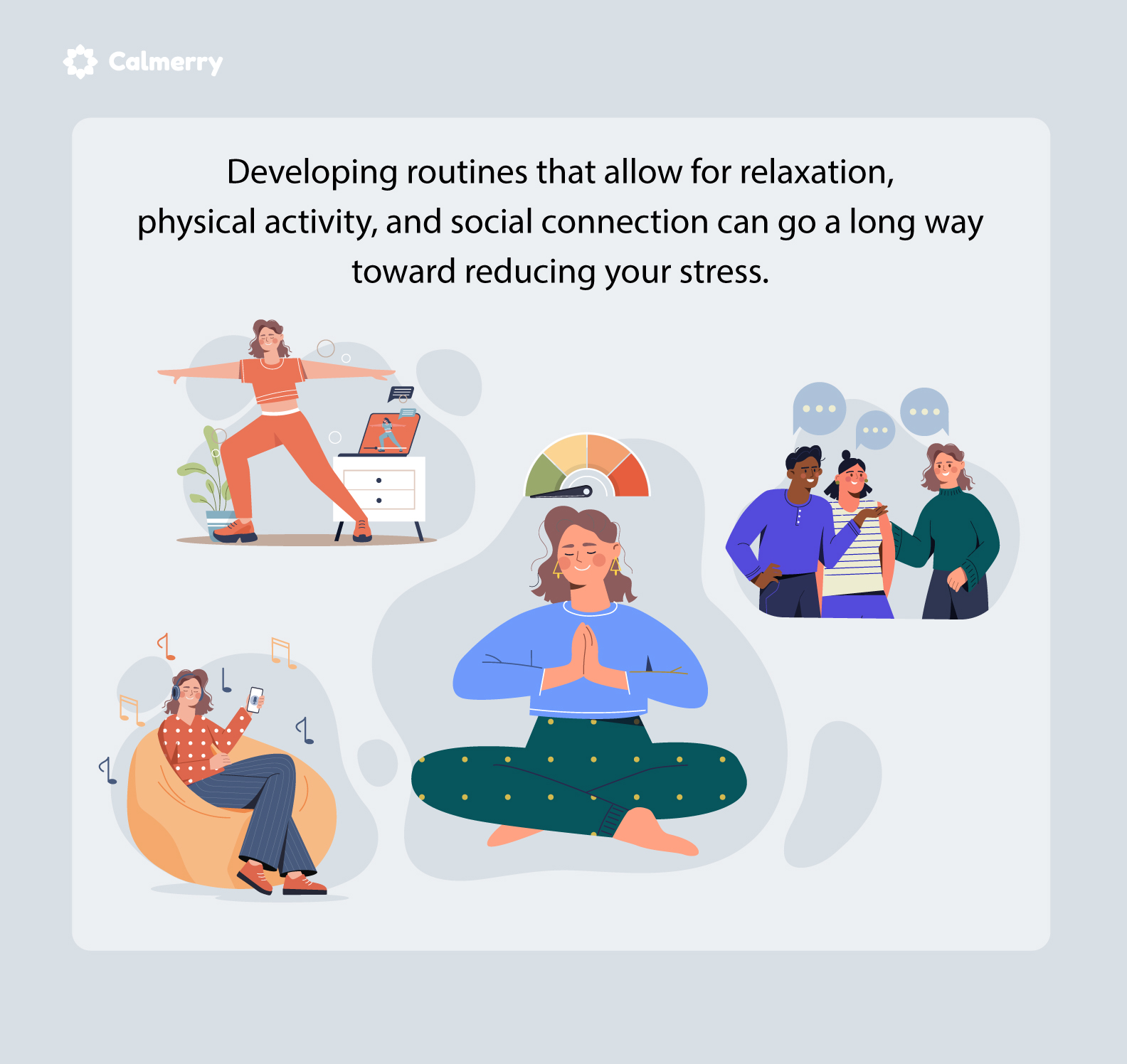
Make Sunday dinners with extended family a regular part of your routine, or head to a local park a few evenings per week to take a walk with friends. Developing routines that allow for relaxation, physical activity, and social connection can go a long way toward reducing your stress.
Reaching out for help
While there are strategies you can employ to care for your mental health in the face of economic decline, there are some cases in which you may need to reach out for professional intervention. Severe worry and concern over a recession or uncertain economy can lead to clinical levels of depression, anxiety, and substance misuse.
If feelings of worry, fear, or sadness related to struggling economic times have begun to interfere with daily life or contribute to unhealthy coping strategies, such as substance misuse, you would benefit from working with a mental health professional. In therapy sessions, you can learn to reframe negative thoughts and develop healthier coping mechanisms so that financial woes do have a significant effect on your mental health functioning.
If you’re looking for mental health support to help with the effects of recession or other stressors, Calmerry offers online therapy, so you can work with a therapist or counselor from home. Reach out to us today to learn how we can help.
online therapy
live video session

